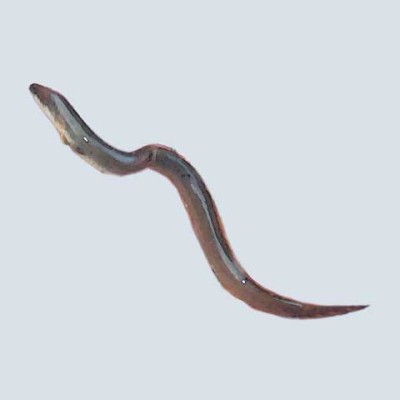On Monday, March 30, the U.S. Chamber of Commerce issued a Small Business Owner's Guide to the $2.2 trillion Coronavirus Aid, Relief, and Economic Security Act, which summarizes what businesses qualify for the $349 billion allocated to the Paycheck Protection Program and the terms of those loans.
It is important to note that sole proprietors, independent contractors and self-employed individuals can apply for coverage under this program, provided the net earnings are less than $100,000 annually.
Contact a regional or local lender to begin the registration and application process.
A historic addition to the CARES Act is unemployment relief for the self-employed. The aim of that coverage is at the growing so-called gig economy, which consists of workers stringing together a series of temporary and/or short-term gigs instead of traditional salaried or hourly jobs. Think of Uber drivers, Instacart shoppers, and of course, commercial fishermen.
However, this federal unemployment relief of $600 a week for up to 16 weeks will be managed through your state's unemployment agency, and that agency's response time depends on getting the programs and support in place to manage what is sure to be another significant influx of applications on top of a flood of existing applications.
If you have questions on how and when to apply, contact your federal senator or representative. Don't know who that would be? Find out here.
Over the weekend, Sen. Ed Markey (D-Mass.) held a teleconference to review details of the CARES Act, including the broader range of benefits to small business owners and independent operators.
A summary of Markey's review with resources can be found here.
While the funds in this act have been approved and appropriated, the process for application and distribution is yet to be determined.
National Fisherman and fishing associations nationwide are working to keep you informed as these details are released. Special thanks to Saving Seafood for sharing critical analysis updates.
Below are additional highlights of funds provided for in the act that will have direct effects on fishing communities.
For Individuals
Direct payments of $1,200 for individuals and $2,400 for joint filers, with an additional $500 per child. The total decreases by 5 percent of adjusted gross income above $75,000 for single filers and $150,000 for married couples.
You will receive NO individual stimulus check if you are:
- A single filer who earned more than $99,000;
- A head of household with one child who earned more than $146,500;
- Joint filers with no children who earned more than $198,000.
The IRS will use information from the 2019 or 2018 tax filing, including direct deposit details.
Mortgage payments — The act also prohibits foreclosures on all federally backed mortgage loans for a 60-day period beginning March 18, 2020. It allows for up to 180 days of forbearance for borrowers of a federally backed mortgage loan who have experienced a financial hardship related to the covid-19 pandemic.
There is also a 120-day prohibition on evictions from any federally backed rental housing.
Fishing Communities and Support Services
$141 million for U.S. Coast Guard operations and support, including information technology.
$1 billion to the Community Services Block Grant to help communities address any issues that arise from the increase in unemployment and continued economic disruption.
Airlines and Cargo Carriers
The Secretary of Transportation may require any carrier receiving funding to maintain its scheduled air service. In addition to $25 billion in grants and $25 billion in low-interest loans to the airlines, the following programs will get:
$56 million for Essential Air Service.
$8 billion in grants and loans for air cargo carriers. Half of the earmark for cargo carriers and airlines is allocated to maintaining payroll for employees.
$3 billion for airport contractors.
$10 billion for FAA Airport Improvement Program Grants.
Health Care
In addition to billions in funding for rural hospitals, community health centers, medical equipment, the Centers for Disease Control, the FDA and the National Institutes of Health, the bill commits:
$1 billion in outbreak-related healthcare to Native tribes through the Indian Health Service.
$200 million to the FCC to support telehealth medicine and $25 million for the USDA Rural Telehealth Broadband program.
$425 million for Substance Abuse & Mental Health Services Administration and $955 million to Aging & Disability Services Programs under Health and Human Services.
$19.6 billion for veteran health care through the VA system.







